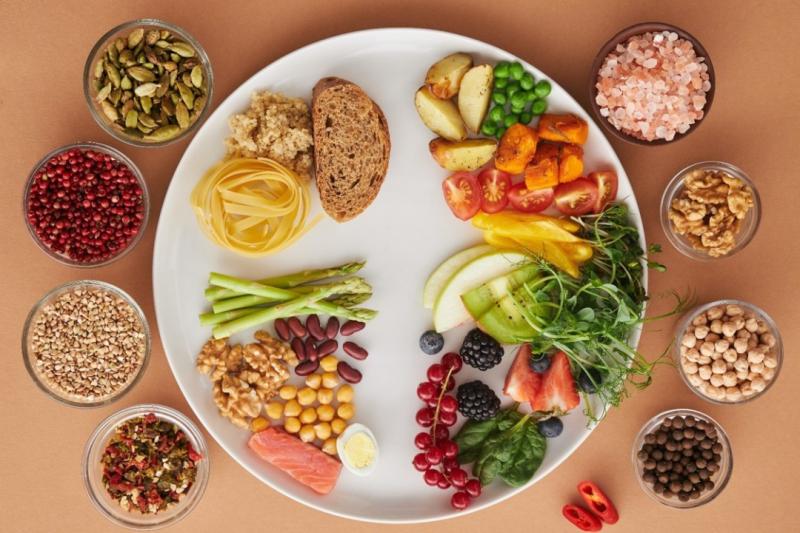Healthy Food: 5 Ways to Add Protein to Your Everyday Diet

Protein is an essential nutrient that plays a crucial role in building and repairing tissues, producing enzymes and hormones, and supporting overall health. Including an adequate amount of protein in your daily diet can help you maintain muscle mass, boost your metabolism, and keep you feeling full and satisfied throughout the day. Here are five easy and effective ways to add more protein to your everyday meals:

1. Start Your Day with Protein-Packed Breakfast
One of the best ways to ensure you get enough protein is by starting your day with a protein-rich breakfast. Eggs are a classic choice, offering around 6 grams of protein per egg. You can prepare them in various ways, such as scrambled, boiled, or poached. If you’re in a hurry, consider a protein smoothie made with Greek yogurt, which contains double the protein of regular yogurt. Add some fruits, nuts, and seeds to make it even more nutritious.
2. Incorporate Lean Meats and Poultry
Including lean meats and poultry in your meals is a straightforward way to boost your protein intake. Chicken breast, turkey, and lean cuts of beef are excellent sources of high-quality protein. For instance, a 3-ounce serving of chicken breast contains about 26 grams of protein. These can be grilled, baked, or stir-fried with vegetables to create a balanced and protein-rich meal. If you prefer a plant-based option, tofu or tempeh are great substitutes, providing a good amount of protein per serving.
3. Snack on Protein-Rich Foods
Snacking doesn’t have to be unhealthy. Opt for snacks that are high in protein to keep your energy levels up between meals. Nuts and seeds, such as almonds, walnuts, and chia seeds, are excellent sources of protein and healthy fats. A handful of almonds, for example, provides around 6 grams of protein. Another great option is hummus paired with vegetable sticks, which not only gives you protein from the chickpeas but also adds fiber from the vegetables.
4. Add Legumes and Beans to Your Diet
Legumes and beans are fantastic plant-based protein sources that can easily be added to a variety of dishes. Lentils, chickpeas, black beans, and kidney beans are all rich in protein and fiber. You can incorporate them into soups, salads, stews, or even make a bean-based dip. A cup of cooked lentils provides about 18 grams of protein, making it an excellent addition to your meals.
5. Include Dairy or Dairy Alternatives
Dairy products like milk, cheese, and yogurt are not only rich in calcium but also a good source of protein. Greek yogurt, in particular, is higher in protein compared to regular yogurt. If you are lactose intolerant or prefer non-dairy options, look for fortified plant-based milk like soy or almond milk, which often have added protein. Cottage cheese is another versatile option that can be eaten on its own, mixed with fruits, or added to salads.
Conclusion
Incorporating these simple and effective strategies into your daily routine can help you meet your protein needs while enjoying a balanced and healthy diet. Whether you prefer animal-based or plant-based sources, there are plenty of delicious and nutritious options to keep your meals protein-rich and satisfying.
Read more: About Latest News, Latest News Todays, Business News, Sports News, Entertainment News, Fashion & Lifestyle, Health Tips and more from One World News.
Post Your Ad Here
Comments